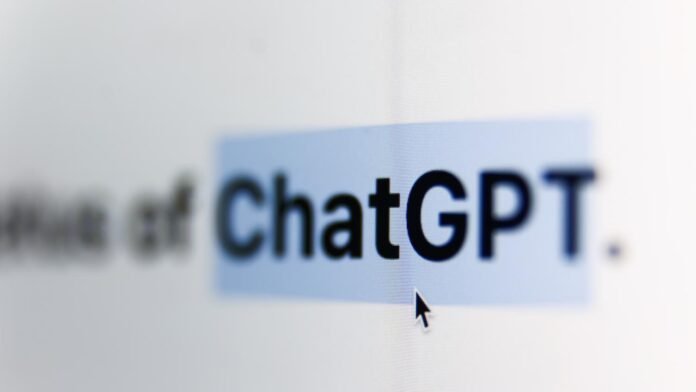The rise of AI could impact millions of Aussie students in the future if left unchecked, peak education unions have warned.
A federal parliamentary probe into the use of artificial intelligence has been told teachers report “serious concerns” over increased workload pressures amid calls to boost how to deal with widespread use of generative AI in classrooms.
This came after the inquiry was told of the first complaint of school students using artificially generated deep-fake pornography to bully their peers following warnings from the eSafety Commissioner that teachers will be increasingly targeted.
While schools want to prioritise safety training, there will be major “pressure” placed on teachers to do it in their own time, escalating high rates of burnout and chronic staff shortages, according to the Independent Education Union (IEUA).
“There is a real concern over the level of compliance and administrative workloads placed on teachers,” IEUA federal secretary Brad Hayes said.
“Clearly, teachers will need more time to meet these challenges or the workload cycle will continue.
“We’re worried we’ll spend too much time as AI enforcement cops than creating engaging lessons.”
A draft plan on the use of AI in schools will most likely lift a year-long ban on students’ use of generative AI next year after Education Minister Jason Clare met with state and territory education ministers last week.
High-fee paying schools in metropolitan areas developing their own “AI academies” could also widen a digital literacy gulf between public and private school students, the inquiry was told.
“We saw during the pandemic significant inequality in infrastructure, especially in remote schools even having access to internet to begin with,” IEUA assistant federal secretary Veronica Yewdall said.
“Access to the software, hardware and infrastructure are the triple threat in terms of equity of access in terms of generative AI.”
Peak industry body Tech Council of Australia said AI could help generate up to $115bn into Australia’s economy by 2023 if used properly.
“The speed needed to realise this opportunity will partly depend on the readiness and willingness of our education sector to adopt and foster this technology for this current generation of educators and learners,” a submission read.
The federal government received more than 500 submissions to its AI inquiry, with many experts pointing to a need for Australia to introduce its own Artificial Intelligence Act to help regulate rapidly evolving digital programs like ChatGPT.









